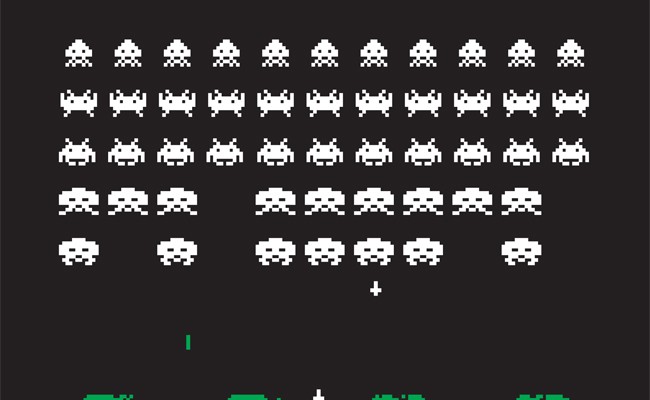The Productivity Commission’s report on parallel importation gave literary Australia a jolt that was no less unpleasant for being, in some ways, necessary.
The proposed reforms to Australian publishing were driven as much by an ideological commitment to market forces as by any particular concern for the reading public or literary culture. Had, for instance, the Coalition for Cheaper Books (the astroturf group launched by Dymocks and other chain stores) been genuine about the provision of literature for the disenfranchised, we might have expected it to campaign for expanded libraries or an improved educational system or any number of equally obvious proposals.
Strangely, such ideas never impinged upon the parallel importation debate.
Nonetheless, while many writers convincingly pointed out the hypocrisies of the free marketeers, articulating a persuasive alternative proved much more difficult. Often authors resorted, almost instinctively, to well-worn arguments about the preservation of a distinctly Australian culture. Yet, in a globalised, networked world, literary nationalism (‘Australians must tell Australian stories’) seems, at best, irrelevant (what exactly is an Australian story and why does the question even matter?) and, at worst, parochial, even reactionary.
Perhaps more importantly, calls to defend the status quo necessarily struggle for purchase when epochal changes are already taking place.
The digital revolution provides the most obvious instance. Everyone knows that, in a world of e-books and enriched content, the publishing of the future will be quite different in both form and content from the publishing of the past.
It is not simply – nor even primarily – a matter of technology. The possibilities of the digital format are breathtaking but the fulfilment of that potential ultimately depends on economic and cultural decisions made today. Another obvious example: literature can now be distributed at rates that seem almost magical. But weightless e-books transmitted instantly around the world pose obvious problems for traditional intellectual property. How, then, will the writers of tomorrow make a living?
Such is the context for a collaboration between Overland and its closest contemporary, Meanjin, throughout 2010. The project, entitled ‘Reading in an Age of Change’ (or more informally, and inevitably, ‘Meanland’) will be a constructive dialogue about how future generations will read. Meanland will provide a reflection on (and an intervention into) the changing nature of reading, writing and publishing. It will explore the challenges facing literary culture in the twenty-first century – from Kindles to copyright, from the economics of globalisation to changing ways of understanding text.
Meanjin and Overland both have a history of contributing to public debates. The two journals are different but complementary – and both want to drive, rather than react to, debate in this highly fluid new media landscape.
Throughout 2010, Overland and Meanjin will each publish four articles in the Meanland series, one in each edition. They will collaborate on a Reading in an Age of Change website – a unifying platform that will include the articles, podcasts and videos of events, creating a free, virtual resource for present and future readers, writers and publishers – and present a public program in partnership with Melbourne’s Centre for Books, Writing and Ideas, which will commence on 25 February.
As a year-long dialogue across a range of platforms – in print, online and through public events – the project will be a practical demonstration of new possibilities, as well as an affirmation of the ongoing relevance of the journal format into the future.
In 2010, Overland will publish its two-hundredth issue. Culturally, politically and technologically, the early twenty-first century differs hugely from the era in which Stephen Murray-Smith launched Overland. But the radical democratic values to which the journal has always been committed are more relevant than ever before.
Writers today confront a remarkable new world. If we do not shape it ourselves, others will do it for us.
As well as showcasing Guy Rundle’s important analysis of Rudd and Ruddism, this edition continues the countdown to Overland‘s two-hundredth edition with Fiona Capp’s Towards 200 essay ‘The lost garden’. We also begin a new series, ‘Art and life’, supported by the Copyright Agency Limited (CAL): a four-part examination by young writers of emerging art forms.
For editions 197 and 198, Tim Wright is serving as acting poetry editor with Keri Glastonbury enjoying a well-earned break.



